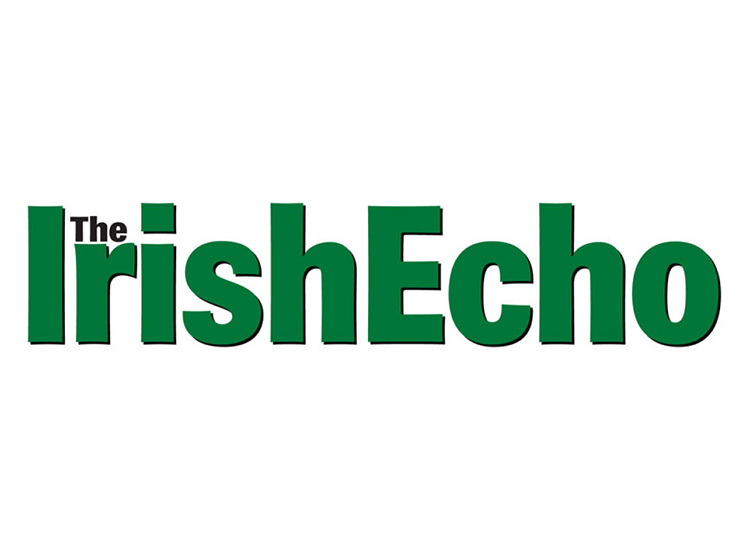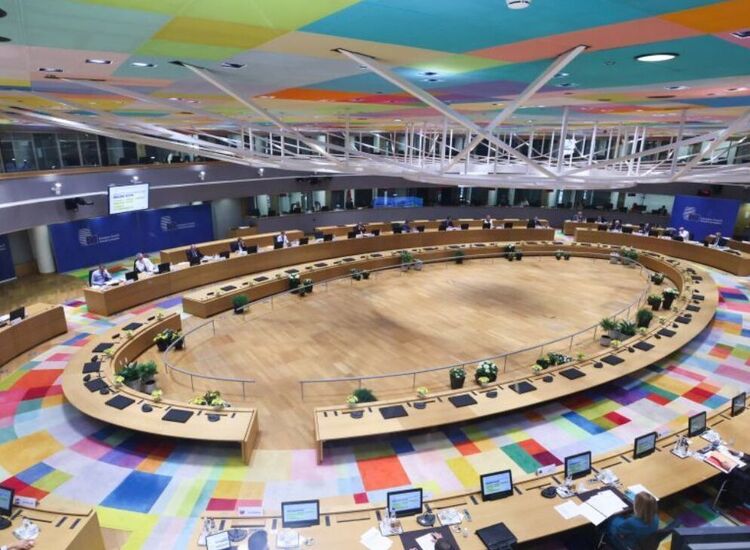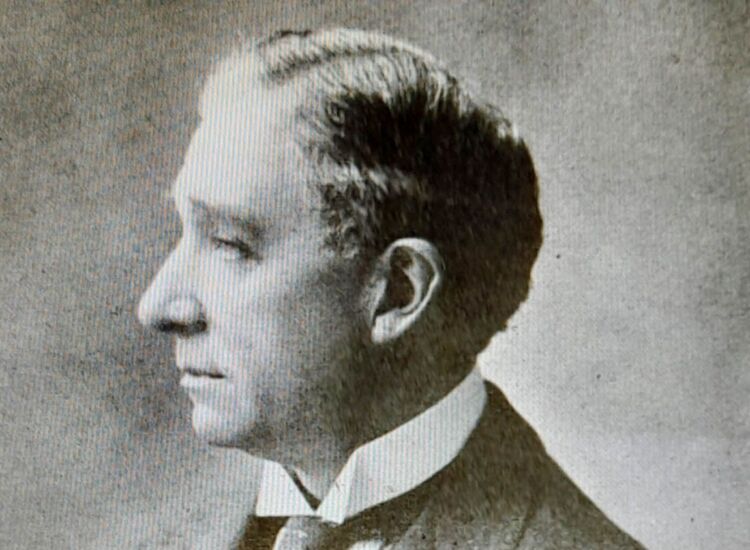[caption id="attachment_71786" align="aligncenter" width="600" caption="The Aviva Stadium would figure prominently in any joint bid by the FAI with their Scottish and Welsh counterparts to host the 2020 European Championships."]
It will soon be eight years since Spain defeated Russia 1-0 in their opening game at the 2004 European Championships in Portugal. The match was watched by just under 30,000 at the Estadio do Algarve in Faro-Loule and the venue looked small yet impressive as fans all over the continent tuned in on television. These days, the pride the Portuguese locals felt during that event has been replaced by embarrassment and regret. The Estadio do Algarve was recently turned into a temporary school as a debate rages about whether or not the authorities should make the prudent financial decision and demolish it.
This is not the only stadium from Euro 2004 to be under consideration for demolition due to the fact the facilities are no longer viable. Estadio Dr. Magalhaes Pessoa turned into another white elephant when the local club UD Leira could no longer afford to pay to play home games there. Given their average attendance of just over 2000, it was costing Leira too much to stage matches at the same place which hosted Croatia versus France eight summers back. With no tenant and precious other activity, it has turned into a drain on the public coffers and many politicians have pointed out it would make more sense to knock it.
Against this unpromising background then, the recent news the FAI is exploring the possibility of trying to host the 2020 European Championships in tandem with Wales and Scotland should not be greeted with any acclaim. Yes, it would be fantastic to have the best countries in Europe playing competitively in Ireland. No, it would not be worth it. Even if the FAI are making no immediate plans for purpose-built stadia (at least none they will confess to right now), the lesson to be learnt here is that, for all the glory that would be involved, there is precious little financial return.
Of course, the problem here is that UEFA don't officially accept bids until 18 months from now. This means we are about to exposed to a year and a half of absolute balderdash regarding the potential impact such an event would have on the country's beleaguered economy. After all these are the same people who told us the 2011 Europa League final would be worth €50 million to the local economy. Co-hosting the Euros would generate more than that fantasy number but at what cost?
Before the first silly number is thrown out then by those trying to convince us a financially-strapped sports body in a financially-strapped country should be getting involved in those sort of enterprise, please consider the following quote.
"Estimates of the economic effects generated by major sporting events should not be exaggerated. The complexity of cause and effect and the various overlapping aspects make any reliable measurement of these effects accurately impossible. Realistically, neither macroeconomic nor lasting direct economic benefits can be expected from such events."
That nugget comes from the official Swiss report into their part in co-hosting Euro 2008 with their Austrian neighbors. It's an interesting read. Indeed, one wonders if anybody in the FAI will bother to cast a glance over it some time in the next year or so. The Swiss were happy with how things went because, from the outset, they knew it was a loss-maker. Amongst other things, they warned future bidders though that fans from other nations tend to spend a lot less time and money in host cities than is predicted beforehand.
That's not the kind of information you are likely to hear once the FAI start convincing people that this is just what Ireland needs at this juncture in its history. Maybe John Delaney needs to talk to the Swiss (not for nothing a wealthy, independent country) before he does anything else. Between 2002 and 2006, the Swiss estimate for hosting the tournament went from 11 million to 178 million Swiss Francs, largely due to them not realizing the prohibitive price of improving security at games and around squads during the event. Who'd be a fly on the wall when the FAI and the Gardaí sit down and try to work out the overtime bill? That will be an interesting accounting exercise.
The sad thing about this is we thought all these kind of lunatic plans were the preserve of the Celtic Tiger era when, to quote our mothers, our eyes were bigger than our bellies. You'd think that the lessons of the last few years would have taught people not to be overstretching themselves. You'd also imagine the FAI need to be spending more money on improving grass-roots facilities and coaching rather than on fanciful castles in the air.
The stupidity of getting involved in these kinds of grand schemes at a time when the country is mired in so much debt would seem to be obvious to all except the denizens of Irish soccer. If they need any further examples of ambition outstripping reality, they should turn to Greece.
As part of the €265 million renovation of Athens Olympic Stadium ahead of the 2004 Olympic Games, they built a high-tech indoor training facility. This was regarded as the type of legacy project that would stand the country's athletes in good stead for generations to come. These days, a leak in the roof means long jumpers have to negotiate a strategically-placed bucket as they sprint towards the sand pit. The money isn't there to fund basic repairs and the budget is so tight the heating in this cavernous building where Greece's finest medal prospects come to train can only be turned on for one hour each day. One hour.
"The expression of interest is preliminary after the principle was discussed and is being put forward by the three associations so that the opportunity can be explored in more detail," said the FAI in a statement. "At this stage no bids would be expected or required by UEFA for at least 18 months."
Eighteen months is surely long enough for them to see sense. Well, we can only hope.








